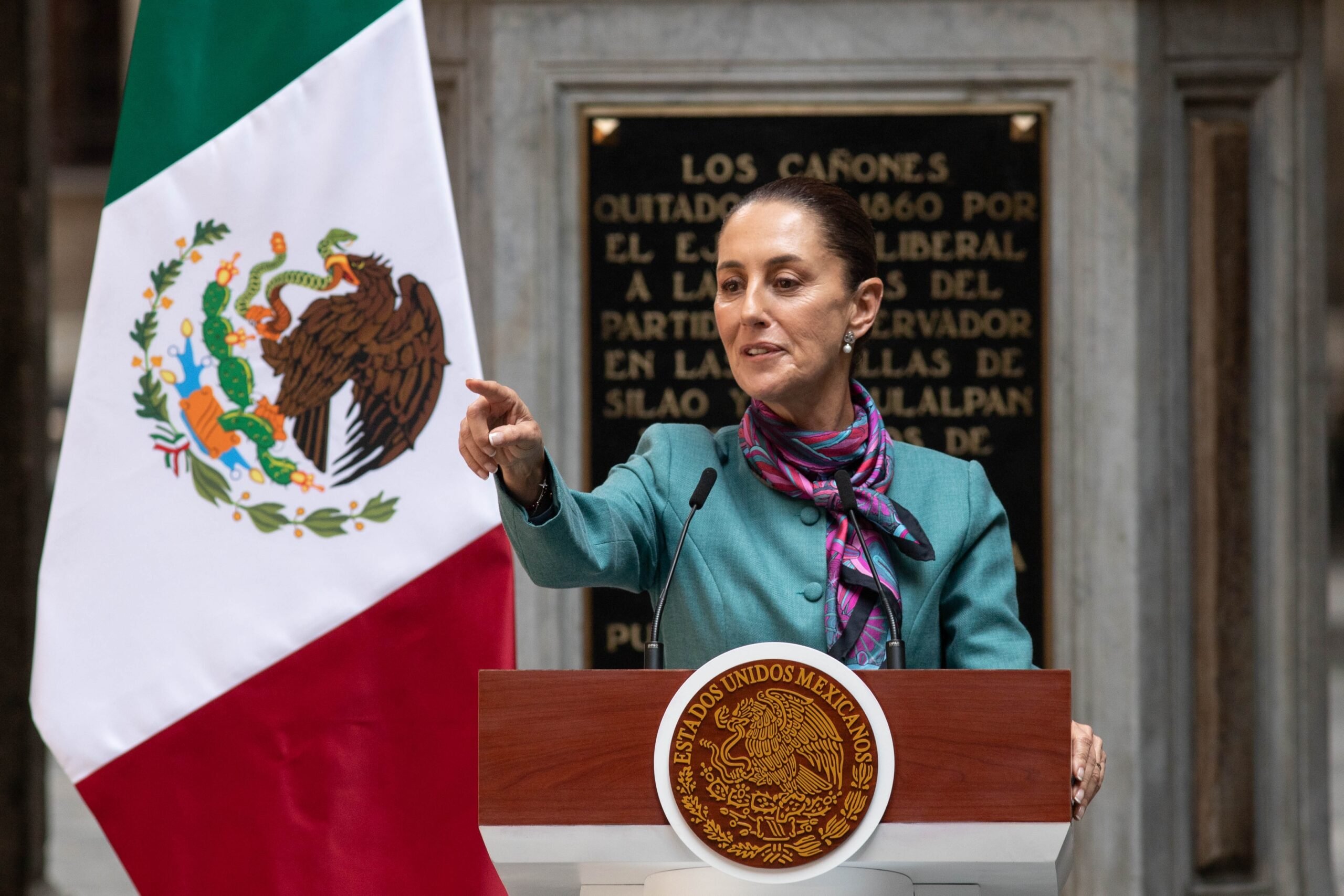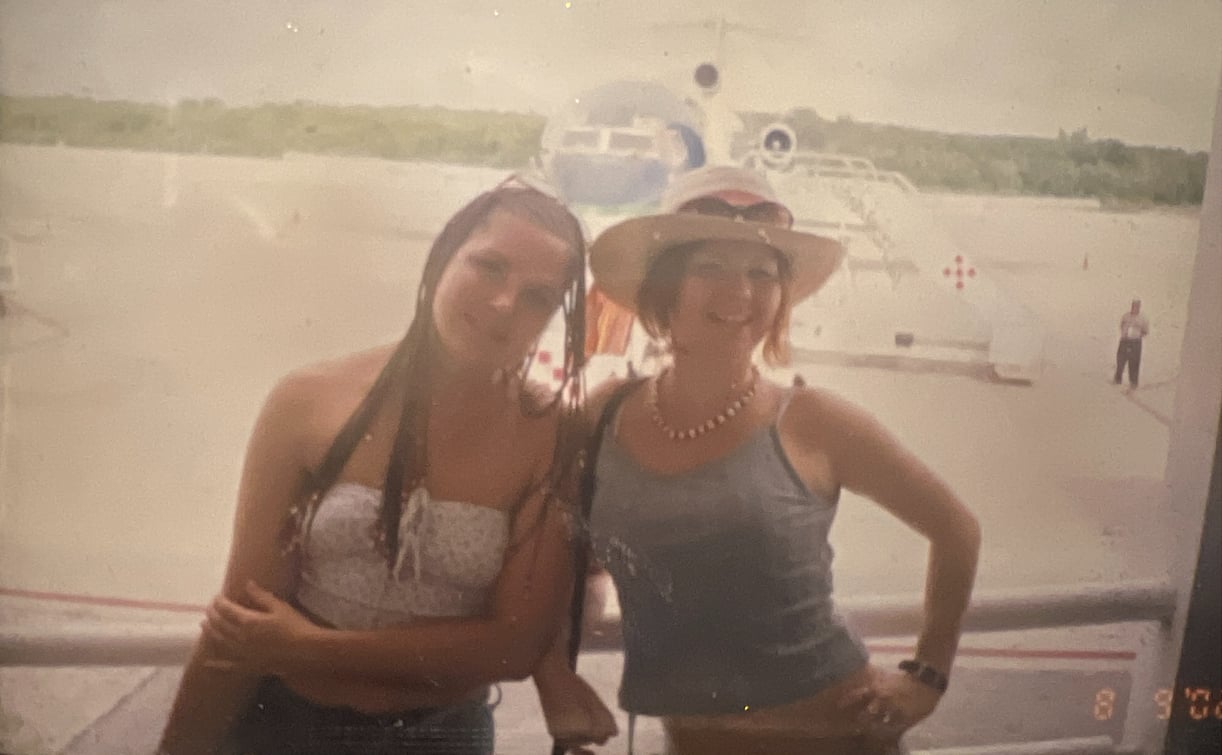The Battery Powered Christmas

My parents and I were staying in a little, rented house that leaned to one side like a wet cardboard box. It was almost Christmas—the first Christmas I remember—and the images are stuck to my mind like dog hair to Velcro.
We couldn’t afford electricity. We had a kerosene lamp and candles for light. We shared a single bed. It was so small dad would sometimes sleep on the floor with a blanket. Come daylight he went to work, came back, slept and went out again. I had no idea what his job was. Mechanic probably, or day laborer.
So, there we were in this house. It was Christmastime, and my mother decided I needed a tree.
Growing up, my father had one true Christmas. It was shortly before his mother died. He was 8 years old when she passed away, and he remembered that on that Christmas she gave him an orange, an apple and a couple of peppermint sticks. It was a great memory for him, because of the treats, but also because it was a fond memory of his mother, who he had only for a short time. The rest of his life wasn’t so good. He went to work at 8, doing jobs no one considered a child capable of, let alone willing to do. Like picking cotton.
Once, he fell off a horse on the way to the fields and busted his eardrum. He rode the horse home, and my grandfather whipped him with a horsewhip and sent him back to the fields, where he worked a full day.
My grandfather was a hard man, though my father never held a grudge. He felt his father was probably doing the best he could at the time. Grandfather Lansdale was dead when I was born. I’m glad. I don’t like what I know about him. I know that my dad was nothing like him, and like my mother he wanted me to have what he never had. Part of that was a Christmas tree.
My dad and I drove out on a road in the dark. By the glow of car lights shining through a barbed wire fence, we picked a tree. My dad chopped the tree down with a hatchet. This may well have been illegal. I remember clearly smelling and delighting in the aroma of pine sap.
We took the tree home. My mother brought out a roll of tinfoil. We cut off strips of foil to make icicles to hang on the tree. We cut colored construction paper into strips, pasted them together into rings and linked them into chains to hang on the tree. Mom had a shiny Christmas star that went on top of the tree. We placed thumb tacks in the wall and fastened twine to the tacks to hold up the tree.
We also had a string of lights, but no electricity. Somehow my father hooked up a car battery to those lights. I remember them popping on. It was like a magic moment—that moment when you are young and everything is bright and new. Santa Claus is real, living at the North Pole, driving a team of flying reindeer across the sky, delivering presents before sunrise. My mother put out a cookie for Santa, and at some point I fell asleep, those lights behind my eyes like a sprinkling of fairy dust.
When I awoke the next morning, the cookie was missing. The lights were off and the battery was gone, but under the tree were a few packages wrapped in the funny papers—color comics that were tucked inside fat newspapers full of all manner of information. Things that are now tweeted, posted on Facebook and read on Yahoo news.
I don’t remember what I got for Christmas, though I’m sure it was something simple, which was about all our budget would allow. But more important than the lights, the decorations, the presents or the adventure in the woods cutting down the tree was the feeling of being safe and cared for and deeply loved.
Except for the Christmases my children enjoyed growing up, which were considerably better financed than those of my childhood, there has never been a more wonderful Christmas to me than that simple East Texas Christmas with our stolen tree and battery-powered lights—and the grin my daddy gave me when he saw I was happy.


